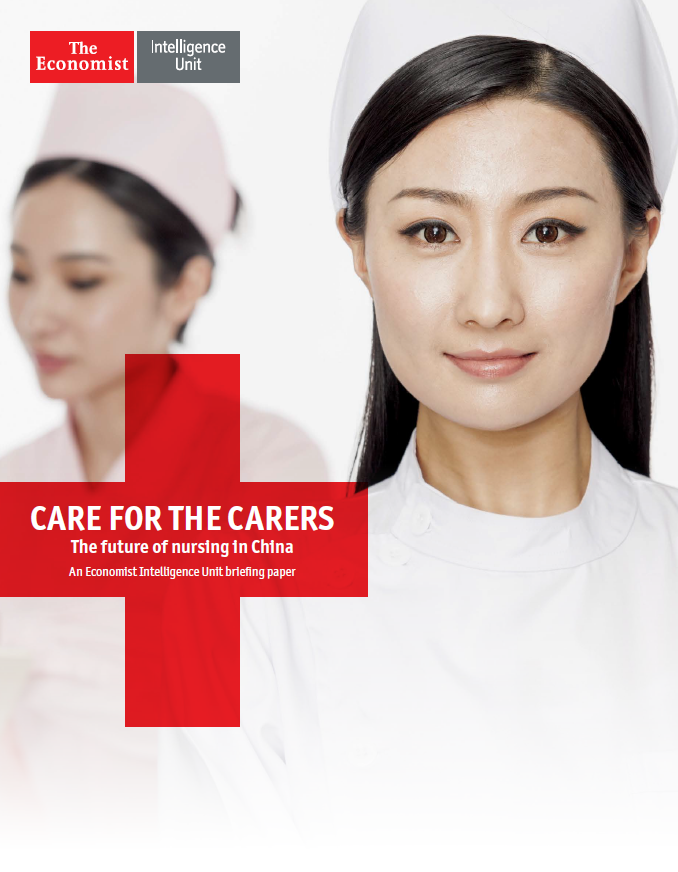Following years of upheaval, nursing training was only reestablished as a post-schooling discipline in 1983, and the Chinese government has steadily reformed the system to improve nursing standards. However, the number of nurses remains very low by international standards and nursing remains a lower-status occupation.





